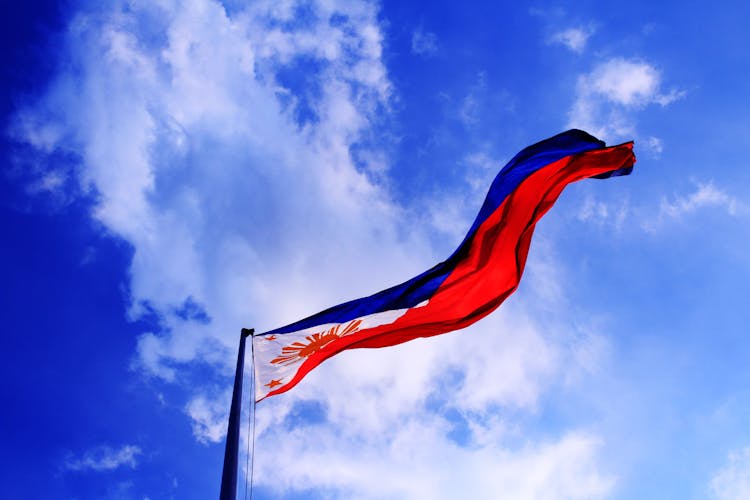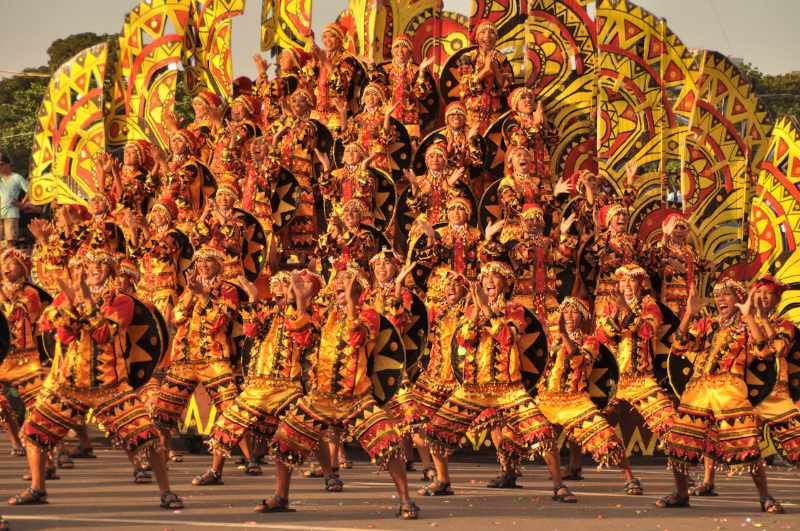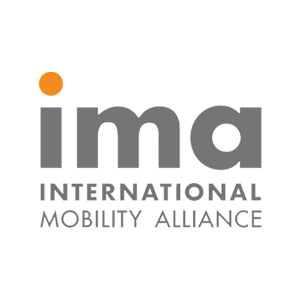
Top Cultural Surprises
US Expatriates Face When Moving to the Philippines
Each year, an increasing number of Americans are choosing the Philippines as their new home, attracted by its stunning landscapes, vibrant culture, and warm tropical climate. However, adapting to a new country involves more than just enjoying its physical beauty; it requires a deep understanding of its unique cultural nuances. This blog post explores the major cultural surprises that await US expatriates. By arming themselves with this knowledge, those planning on moving to the Philippines can look forward to a smoother transition and a richer, more fulfilling experience in their new home.
Navigating the Logistics of International Relocation
Before we get into the social and cultural aspects of moving to the Philippines, we need to talk about some of the practical challenges. The logistics of moving to a new country can be complex, involving careful organization to ensure a smooth transition. For those relocating from major U.S. cities, the challenges can be particularly pronounced. For instance, expatriates relocating from the bustling urban environment of Los Angeles need to consider several logistical steps, one of which includes securing expert packing services in the LA area. Such services are crucial when moving from California to the Philippines as they handle the diverse needs of international relocation, from packing delicate personal items to ensuring that business equipment is safely transported. Utilizing these specialized services provides peace of mind, allowing expatriates to focus on the cultural aspects of their move.

Familial Connections and Social Structure
In the Philippines, the concept of family extends well beyond the immediate household. It also includes cousins, aunts, and uncles, who often play significant roles in one’s daily life. This contrasts sharply with the US’s typical focus on the nuclear family. Expatriates might find themselves regularly invited to large family gatherings, which are central to Filipino social life. They are essential for strengthening familial bonds. These occasions are characterized by an abundance of joy and generous hospitality and are a fundamental part of maintaining strong connections, showcasing the communal nature of Filipino society.
Communication Style
Filipinos often utilize a high-context communication style, relying heavily on nonverbal cues, body language, and implicit understanding rather than just spoken words in conversations. This approach is markedly different from the direct and explicit communication style typically favored in the US. Additionally, Filipinos place a high value on politeness and hospitality, which may lead them to avoid direct refusals or disagreements to prevent offending others. This tendency can sometimes lead to misunderstandings with Americans, who are used to straightforward and clear exchanges.
Pace of Life and Time Perception
“Filipino Time” is a term that American expatriates will quickly learn once they arrive. It refers to the local approach to schedules, which is generally more relaxed than in the US. Events and meetings often start later than planned, and deadlines can be more flexible. By adopting this relaxed sense of time, expatriates can avoid frustration and more smoothly adapt to the local lifestyle. People here place a strong emphasis on personal relationships and quality of life over strict adherence to schedules.
Moving to the Philippines: Navigating Religious Influence
Religion plays a central role in Filipino culture, with the country being predominantly Christian, influencing many aspects of daily life. Public spaces often display religious symbols, and it’s not uncommon for businesses to pause for prayers. Major religious festivals, such as Holy Week and Sinulog, significantly impact daily life and business operations, with streets filled with parades, rituals, and celebrations. Expatriates are encouraged to respect these practices and may find great joy and community spirit in participating in these colorful and meaningful local traditions.

Food and Dining Etiquette
Filipino cuisine is rich with unique flavors and dishes that might be quite surprising to the American palate. Delicacies such as balut (a fertilized duck egg) and dinuguan (pork blood stew) are local favorites. Dining is typically a family-centered, communal affair and can be quite informal. It is common to eat certain dishes with one’s hands. This is particularly true for grilled seafood and chicken, which underscores the communal and tactile nature of Filipino dining experiences. Understanding these dining etiquettes can help expatriates connect with local culture and enjoy its authentic tastes.
Business Culture and Practices
The business environment in the Philippines is characterized by a notable hierarchical structure, where showing respect for elders and those in senior positions is crucial. Business discussions often proceed more indirectly than what Americans are accustomed to. Recognizing and adapting to these subtleties is key for expatriates aiming for successful professional interactions. Building relationships and showing appropriate deference to hierarchy can greatly facilitate business dealings and integration into the local professional landscape.
Everyday Surprises
Daily life in the Philippines is filled with surprises that can delight and challenge expatriates alike. Traditional modes of transportation, such as colorful jeepneys and nimble tricycles, offer a unique way to navigate through bustling streets. Shopping also presents its own set of adventures, as bargaining is a common practice in local markets. Mastering the art of negotiation can also be a fun and engaging part of immersing oneself in the local culture native experience.

Extra Tip: Choosing the Best International Moving Company
When planning an international move, like relocating from the US to the Philippines, selecting the right moving company is pivotal. Begin your search by researching movers in your area, focusing on those with strong expertise in international logistics. This research should include evaluating their services, understanding their handling of overseas shipping and customs regulations, and reviewing customer feedback.
For example, residents of major urban centers, such as those in California, often find a variety of options available. In such areas, a mover like Good Neighbors Moving Company California stands out due to its strong track record and positive reviews in handling international relocations. They provide comprehensive services that can significantly ease the complexity of moving, such as secure packing and navigating customs processes. Choosing a company with specialized skills ensures that your belongings arrive safely and sets a positive tone for your new start in the Philippines.
Conclusion
Embracing life in the Philippines comes with many cultural experiences that are distinctly different from those in the US. By understanding and embracing these cultural surprises, expatriates can integrate more effectively into their new community. More than just adapting, embracing these differences enriches one’s life with new perspectives and practices, making moving to the Philippines a truly transformative experience.



























